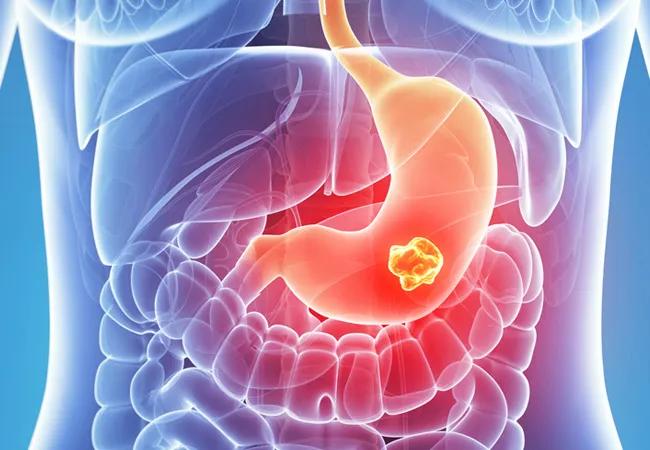Yet insurance restricts its utility

Conrad Simpfendorfer, MD, a hepato-pancreato-biliary and transplant surgeon at Cleveland Clinic Florida, started using hyperthermic intraperitoneal chemotherapy (HIPEC) for GI cancers in 2012.
Advertisement
Cleveland Clinic is a non-profit academic medical center. Advertising on our site helps support our mission. We do not endorse non-Cleveland Clinic products or services. Policy
Four years later, he is more confident than ever in HIPEC’s ability to reduce morbidity and mortality in patients with advanced abdominal cancers.
“Patients with Stage 4 colon cancer treated with systemic chemotherapy alone tend to survive about 12 months. The median survival rate for patients treated with cytoreductive surgery and HIPEC is 42 months. Five years is a tremendous benefit for these patients,” says Dr. Simpfendorfer.
In 2009, the Digestive Disease Institute at Cleveland Clinic became one of the first in the U.S. to receive FDA approval to use this alternative form of chemotherapy in selected patients.
HIPEC is the second step in a two-part procedure that begins with surgical debulking of the tumor. “Our goal is to achieve an R0 resection, then do HIPEC,” says Dr. Simpfendorfer.
The HIPEC procedure itself has evolved. Initially, the surgeon poured the heated chemotherapy into the abdomen and mixed it through the organs with gloved hands. The method was effective, but it contaminated the operating room.
Today, HIPEC is conducted more safely via a closed circuit, which shields medical personnel, while allowing temperature and flow to be monitored.
After all traces of visible disease have been removed, cannulas are inserted in two locations and hooked to a HIPEC unit. The abdomen is tightly closed.
Saline is pumped through the cavity while being gently warmed. Once the temperature reaches 41 degrees C, the chemotherapeutic agent is injected into the saline.
“Heating the agent does not change its properties, but helps improve tissue penetration,” Dr. Simpfendorfer explains.
Advertisement
For 90 minutes, the therapeutic saline washes the organs. To ensure every nook and cranny is bathed, the patient is repositioned multiple times. When the procedure is over, the solution is drained, the cannulas removed and the incisions closed.
Indications for HIPEC are based on type of cancer, location and extent of peritoneal involvement.
Due to the rigors of debulking surgery, Cleveland Clinic does not perform HIPEC on older patients.
Patients with appendiceal cancer or a low volume of colon cancer can often be debulked laparoscopically prior to HIPEC, further lowering morbidity.
Despite the advantages of HIPEC, a primary challenge remains denial of coverage. Insurance providers generally reimburse for the procedure in patients with appendiceal cancer, pseudomyxoma peritonei and mesothelioma of the abdomen.
“Most providers do not approve HIPEC for colon cancer, yet they often cover surgery at 20 times the cost,” says Dr. Simpfendorfer.
“I’m optimistic that as more data are published, insurance companies will have to change their policies to keep up with the times,” he adds.
Advertisement
Advertisement

First-of-its-kind research investigates the viability of standard screening to reduce the burden of late-stage cancer diagnoses

Global R&D efforts expanding first-line and relapse therapy options for patients

Study demonstrates ability to reduce patients’ reliance on phlebotomies to stabilize hematocrit levels

A case study on the value of access to novel therapies through clinical trials

Findings highlight an association between obesity and an increased incidence of moderate-severe disease

Cleveland Clinic Cancer Institute takes multi-faceted approach to increasing clinical trial access 23456

Key learnings from DESTINY trials

Overall survival in patients treated since 2008 is nearly 20% higher than in earlier patients